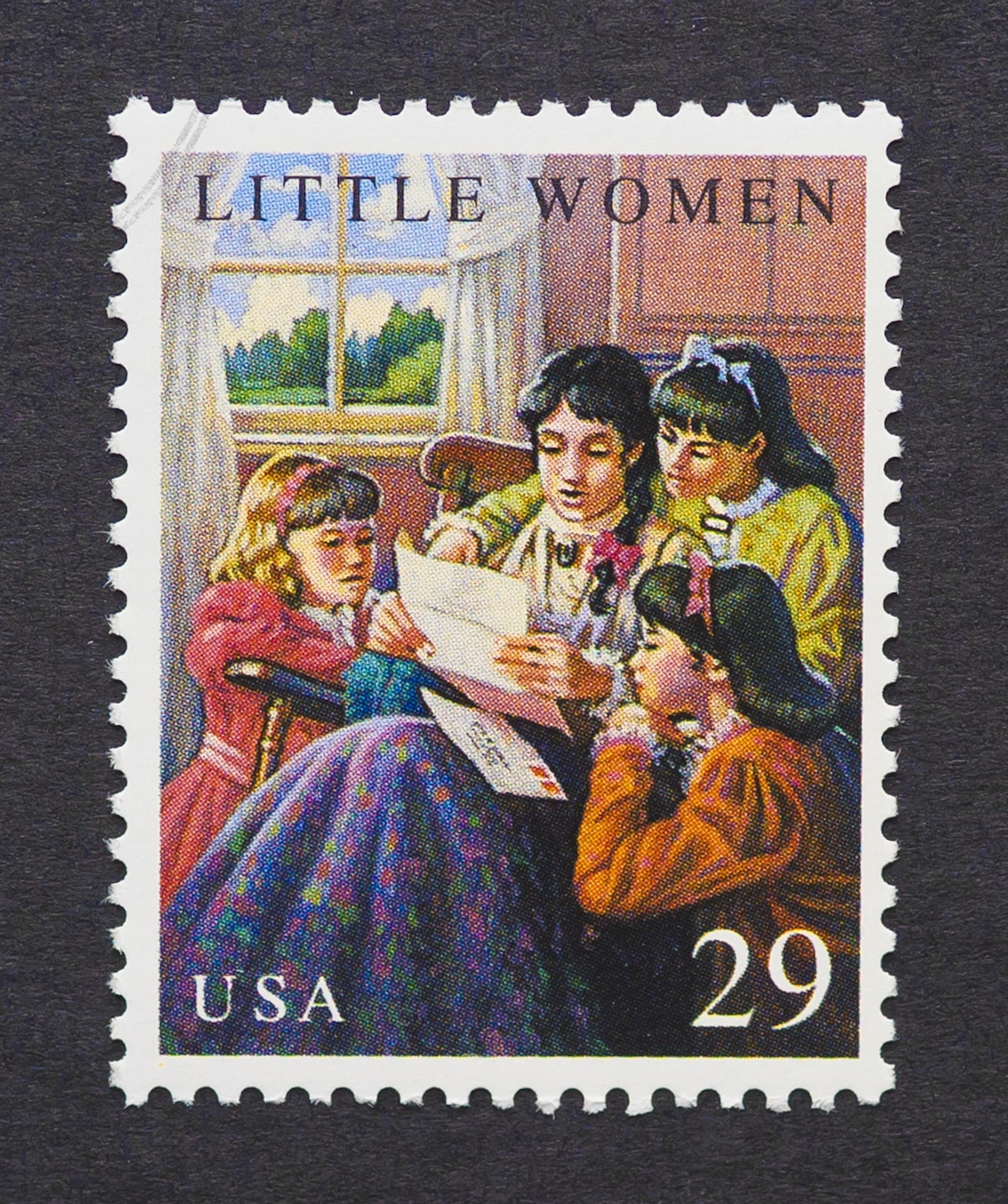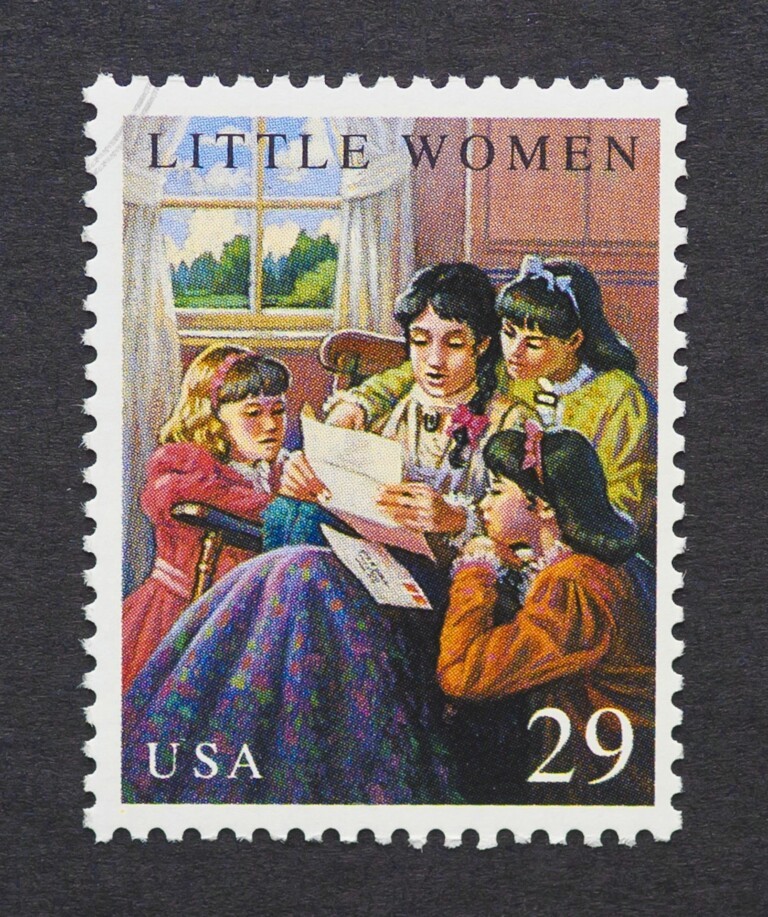Meet one of the original models of women trying to “have it all”.
In 1868 Louisa May Alcott blazed a new trail for authors of literature for children as the writer of Little Women, but she is known for much more than penning moralistic tales for girls.
If you envision this author as a quiet young person, living at home and scribbling stories meekly in her bedroom, you have no idea what this whirlwind of a woman was capable of.
By the time you finish reading this, I think you will agree that the plight of women trying to make it in a “man’s world” has been going on for much longer than any of us care to admit.
Louisa was born in 1832 and lived most of her life in the Boston area.
Her starting point: a family that was highly intelligent and heavily invested in controversial causes like abolition and women’s suffrage in an age when men were the primary breadwinners and women were expected to stay home and tend to home and family.
Louisa’s father was not especially interested (nor terribly successful) at making money.
Consequently, the family, though rich in educational opportunities and surrounded by like-minded thinkers, were materially very poor.
Those of us who have read Little Women recall the genteel poverty of the March family. The reality was much more stark for the actual family that inspired the story. Growing up, Louisa experienced poverty on a level her contemporaries could not imagine.

Shutterstock.com
This affected her deeply for the rest of her life and was the main motivator for her writing career. It pained her to see her mother work herself to the bone to keep the family clothed, fed and together, when her father wouldn’t.
Seeing her mother suffer so, young Louisa was determined to have much more for herself than her mother did. In the end, she had a highly-successful career, becoming the highest-paid female author of her day. This money also allowed her to care for the members of her family as they had not been growing up and allowed her to give money to causes that were near and dear to her heart, especially women’s suffrage and the plight of the poor.
Once famous, Louise was always happy to support young women with ambitions. She frequently mentored other young women so they wouldn’t have to find their way alone, as she had.
In the early 1870s, five sisters from Pennsylvania wrote to Louisa to tell her that even though their mother had died and financial reversals forced their father to take them out of school, they had started their own family newspaper, modeled on the newspaper the March girls start in Little Women. They wrote to Louisa to offer her a subscription in their profitable publication and she accepted, so impressed by their “pluck and perseverance” (she wrote them) that she offered to be a contributor for free.
She heartily believed in a woman’s “right to any brand of labor for which they proved their fitness…Work is such a beautiful and helpful thing and independence so delightful that I wonder there are any lazy people in the world,” she wrote.
Want to learn the most amazing thing about this 19th century author?
In 1878, Louisa was the first woman to register and vote in the state of Massachusetts. It was a trailblazing act, especially when one realizes that women in the U.S. did not get universal suffrage until 1920.
She also encouraged the women of her town to vote and organized reading groups to educate the ladies and circulated petitions to encourage them to register.
Unfortunately, the women of her town seemed disinterested in voting. Out of one hundred eligible women, only 28 registered and not all of the 28 actually voted. The women were being allowed to vote on two local issues pertaining to the education of children, one of only two areas where they were stereotypically encouraged to have influence, the other being the running of the home. The rest of the world was for men, society told them.
Louisa was disappointed with the women of her town. She wrote in her journal that she, “gave them a good scolding and offered to drive the timid sheep to the fatal spot where they seemed to expect some awful doom.”
Even though she offered to network and help them, the ladies were too concerned with how others would see them if they broke social barriers and voted.
Despite (or perhaps because of) the fact that she had been so desperately poor when young, once she had become a wealthy author, Louisa gladly gave time and money to the plight of the poor.
She is recorded as having gone to New York and made the rounds of several charitable institutions for children, bringing toys and then using her position as an author to encourage others to help the poor and orphaned. When her first successful book, Hospital Sketches was published in 1863, she made sure that a portion of the proceeds (which her family badly needed) went to helping children orphaned in the Civil War, which was still raging.
In addition to all the work she was producing as a bestselling author, Louisa was supporting and taking care of all of the members of her immediate family, including at the age of 47 raising her late sister’s baby and caring for her elderly father.
If that’s not “having it all,” I don’t know what is.
Throughout her life, Louisa blazed a path that many women today would recognize:
- she had a successful career,
- cared for her family,
- encouraged young women to forge their own paths and
- made sure to give to those less fortunate than her and tried to right the wrongs in society that she saw around her.All this in an age when society told women their place was only in the home.


![shutterstock_671677429[1].jpg](https://blog.benco.com/wp-content/uploads/2018/08/shutterstock_6716774291.jpg)
